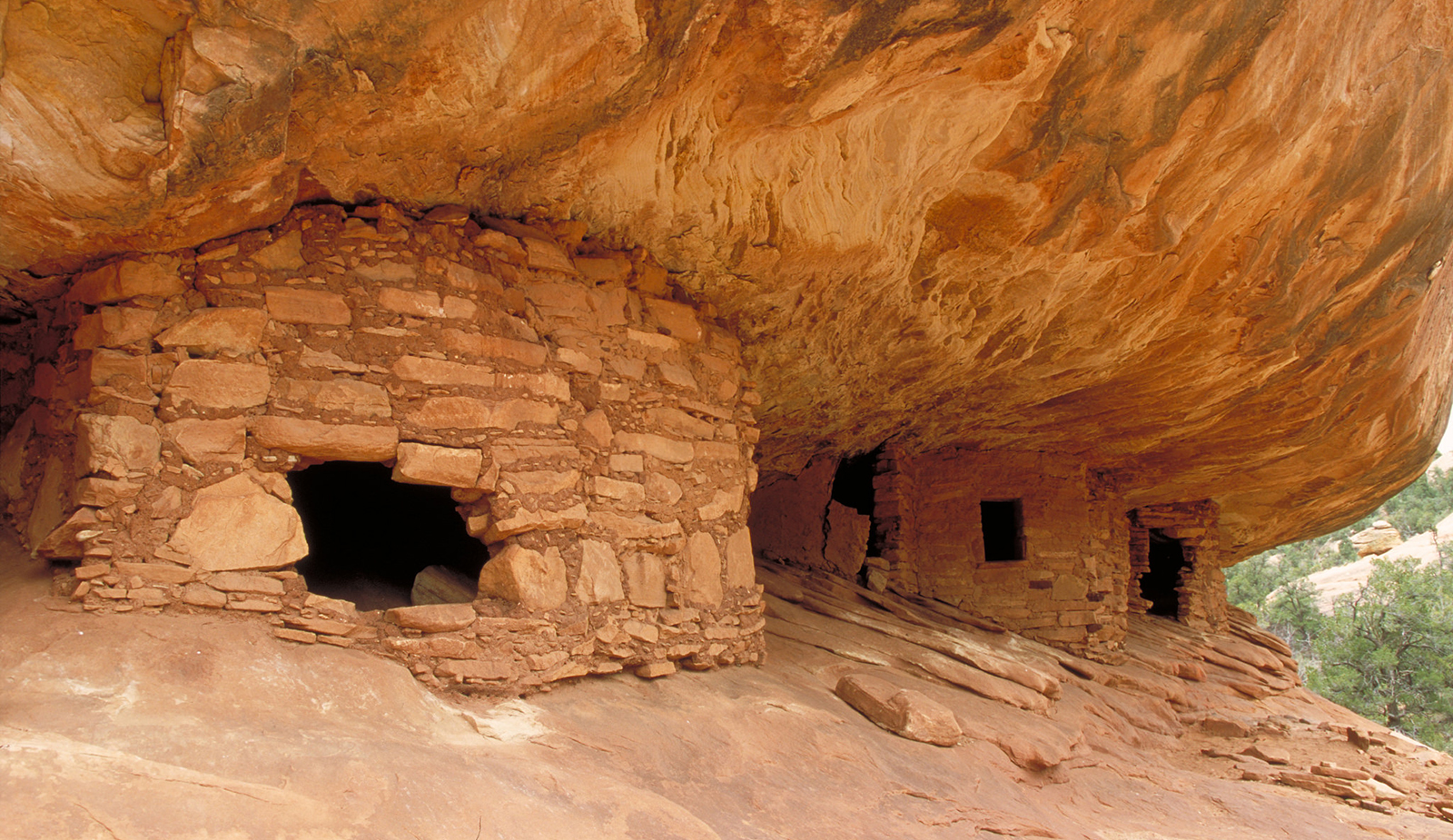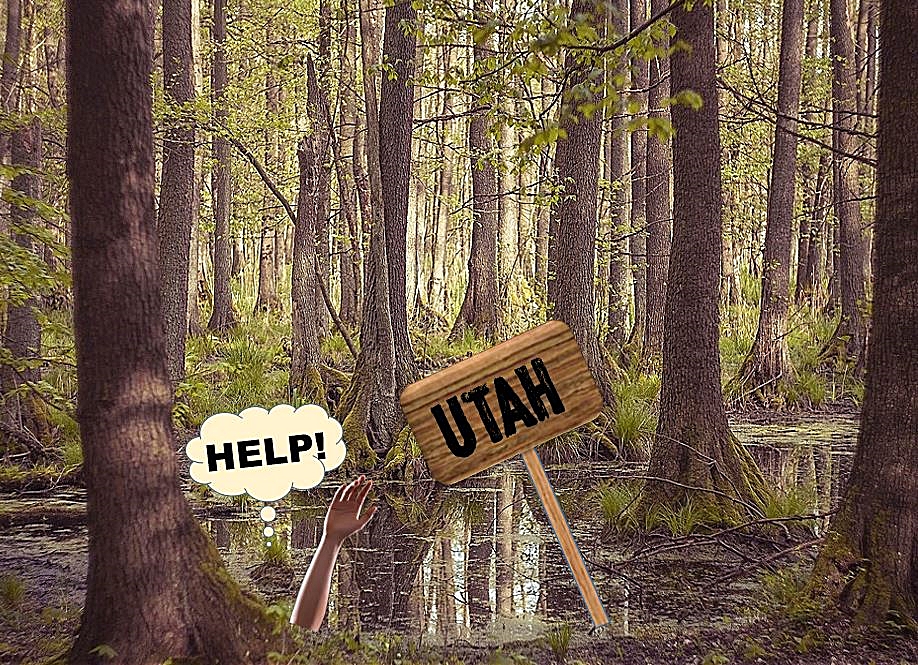“WHEREAS, although the Antiquities Act has been used to protect a great many of the United States’ natural wonders and archeological artifacts, the act has been used in a progressively expansive way by presidents since its 1906 enactment;”
Comments by Editor
President Trump’s actions reducing and reconfiguring two controversial Utah monuments; Bears Ears and Grand Staircase-Escalante, were decried by some as ‘unprecedented,’ which was both untrue and historically inaccurate. Not only have several presidents made changes to national monuments created by their predecessors via the Antiquities Act, two states, Wyoming and Alaska, passed laws to make themselves entirely exempt from future Antiquities Act designations. As we explained in an article from last December:
If the divisive and painful battles over monuments are to be ameliorated, the Antiquities Act must be reformed. But, there is something Utah can do in the meantime–given the self-inflicted paralysis plaguing our moribund Congress. Utah can exempt itself from the Antiquities Act, and future monument designations. And yes, it’s been done before; by Wyoming and Alaska.
In 1943 President Roosevelt exercised powers given to him by the Antiquities Act and created the Grand Teton National Monument. This was a controversial action at the time, and after a lengthy court battle members of the Wyoming delegation introduced legislation to turn the controversial monument into a national park. In exchange for making the monument permanent, Wyoming’s delegation secured an exemption for Wyoming from the Antiquities Act.
To this day presidents do not have the power to unilaterally declare national monuments in the state of Wyoming.
A similar story unfolded in Alaska during the 1970s. Like Wyoming, President Jimmy Carter used the Act to designate a controversial fifty-six million acres of national monuments in Alaska. Incensed, Alaska’s delegation leveraged the controversy of these designations to secure passage of the Alaska National Interest Lands Conservation Act. Under this act, if a president makes a designation larger than five thousand acres in Alaska, this president must get Congress to ratify the monument.
Stinging from two decades of controversy and conflict arising from recent national monument designations, on February 21, Utah’s House of Representatives passed a resolution to exempt its lands from future Antiquities Act abuses. The text of the Resolution reads:
LONG TITLE
General Description:
This joint resolution encourages Congress to pursue legislation exempting Utah from
the Antiquities Act.
Highlighted Provisions:
This resolution:
▸ discusses the history of the Antiquities Act, including exemptions from the Act
granted to Wyoming and Alaska; and
▸ encourages Utah’s congressional delegation to pursue legislation exempting Utah
from the Antiquities Act.
Special Clauses:
None
Be it resolved by the Legislature of the state of Utah:
WHEREAS, the Antiquities Act of 1906 was signed into law by President Theodore Roosevelt;
WHEREAS, the Antiquities Act was intended to allow the President of the United States to set aside certain natural areas for “the protection of objects of historic and scientific interest” for their preservation;
WHEREAS, areas set aside by a president pursuant to the Antiquities Act are given the title of “national monuments”;
WHEREAS, the Antiquities Act stemmed from concerns that artifacts from First Nations peoples were being looted or destroyed and was supported by an exhaustive report on the archeological resources of the southwest;
WHEREAS, the Antiquities Act states that national monuments should be confined to the smallest possible area that is compatible with the proper care and management of the objects to be protected;
WHEREAS, although the Antiquities Act has been used to protect a great many of the United States’ natural wonders and archeological artifacts, the act has been used in a progressively expansive way by presidents since its 1906 enactment;
WHEREAS, the scope of unilateral executive power under the Antiquities Act has been reduced twice;
WHEREAS, Wyoming was exempted from further executive use of the Antiquities Act following an unpopular designation of the Jackson Hole National Monument and Alaska was exempted from further executive use of the act following the designation of 56 million acres of national monuments in that state;
WHEREAS, the exemptions described above still allow for future monument designations in Wyoming and Alaska, but only with congressional approval;
WHEREAS, Utah is already home to five national parks and seven national monuments;
WHEREAS, the two most recent national monuments designated in Utah, Grand Staircase-Escalante and Bears Ears, total a combined 3.2 million acres in size; and
WHEREAS, Utah seeks an exemption similar to that of Wyoming and Alaska, not to end monument designations in the state, but to prevent future unilateral designations by the executive branch:
NOW, THEREFORE, BE IT RESOLVED that the Legislature of the state of Utah strongly encourages Utah’s congressional delegation to pursue legislation that would provide Utah with an exemption from the Antiquities Act, similar to that of Wyoming and Alaska.
BE IT FURTHER RESOLVED that a copy of this resolution be sent to Utah’s
congressional delegation.
If the House Resolution goes on to pass through the Utah State Senate, it will then need the Governor’s approval. Utah’s Antiquities Act exemption will then have to endure the rigors of the United States Congress. If it survives, chances are good that President Trump, who has been very supportive of state involvement in federal land designations, will sign it into law.
Free Range Report
Thank you for reading our latest report, but before you go…
Our loyalty is to the truth and to YOU, our readers!
We respect your reading experience, and have refrained from putting up a paywall and obnoxious advertisements, which means that we get by on small donations from people like you. We’re not asking for much, but any amount that you can give goes a long way to securing a better future for the people who make America great.
[paypal_donation_button]
For as little as $1 you can support Free Range Report, and it takes only a moment.



